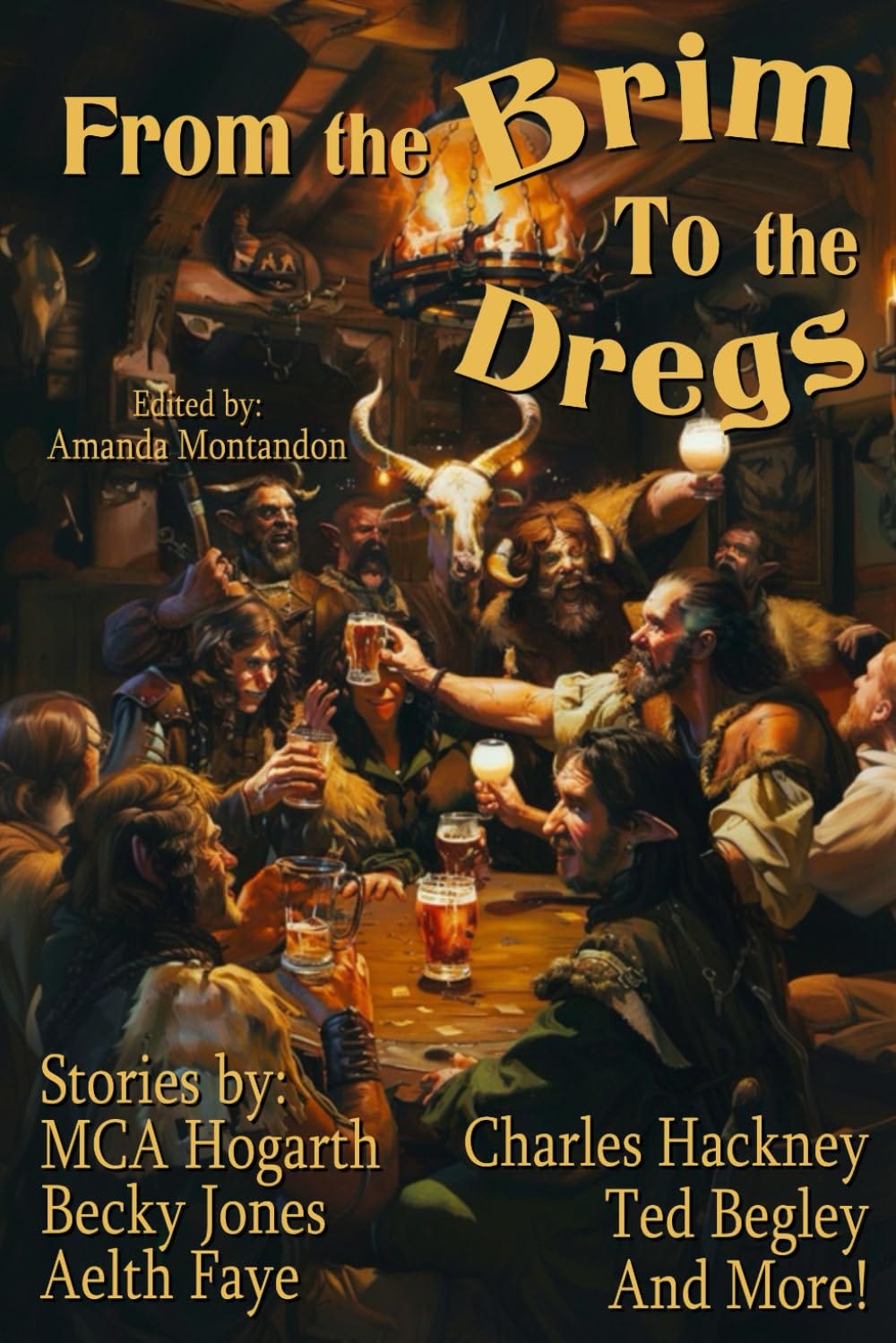A university professor offers a summary of The Average College Student Today:
I’m not saying our students just prefer genre books or graphic novels or whatever. No, our average graduate literally could not read a serious adult novel cover-to-cover and understand what they read. They just couldn’t do it. They don’t have the desire to try, the vocabulary to grasp what they read,2 and most certainly not the attention span to finish. For them to sit down and try to read a book like The Overstory might as well be me attempting an Iron Man triathlon: much suffering with zero chance of success.
Students are not absolutely illiterate in the sense of being unable to sound out any words whatsoever. Reading bores them, though. They are impatient to get through whatever burden of reading they have to, and move their eyes over the words just to get it done. They’re like me clicking through a mandatory online HR training. Students get exam questions wrong simply because they didn't even take the time to read the question properly. Reading anything more than a menu is a chore and to be avoided.
****
Jacob Savage has a long-form essay on how publishers are not hiring or promoting White Male Writers:
Over the course of the 2010s, the literary pipeline for white men was effectively shut down. Between 2001 and 2011, six white men won the New York Public Library’s Young Lions prize for debut fiction. Since 2020, not a single white man has even been nominated (of 25 total nominations). The past decade has seen 70 finalists for the Center for Fiction’s First Novel Prize—with again, not a single straight white American millennial man. Of 14 millennial finalists for the National Book Award during that same time period, exactly zero are white men. The Wallace Stegner Fellowship at Stanford, a launching pad for young writers, currently has zero white male fiction and poetry fellows (of 25 fiction fellows since 2020, just one was a white man). Perhaps most astonishingly, not a single white American man born after 1984 has published a work of literary fiction in The New Yorker (at least 24, and probably closer to 30, younger millennials have been published in total).
Can I recommend my friends over at Raconteur Press? They have a great slate of male authors and books for male audiences:
We’re right HERE. Raconteur Press is right bloody HERE. Every time I read an article or a comment by someone bewailing the lack of publishers putting out books for men, I wonder—how many Raconteur Press titles are on their bookshelf?
We have anthologies about Space Marines!2 Space Cowboys!3 Creepy warfare with magic!4 Plasma Pulp!5 Giant Stompy Robots! and yes, Moggie anthologies that tend to appeal more to the distaff side of the species, because they like adventure, too.
I might be biased, but I’m partial to “From the Brim to the Dregs” and “Space Marines III.”

****
I’m reading a book on ascetical theology, English Spirituality: An Outline of Ascetical Theology according to the English Pastoral Tradition by Martin Thornton. I was reading it simply for interest, but it looks like a good resource for my current writing project in which I’m layout out a theology of reading Scripture.
Thornton argues that the primary question we should ask when we read Scripture is not “what does this mean?” or “How does it teach me to behave?” Instead, the main question should be: “What does this tell me about my prayer, which is the basis of my life?” For example, when we read the Sermon on the Mount with this question in mind, the Sermon isn’t so much a sermon as it is spiritual direction:
Matthew 5:1-20: Blessedness belongs to people who are: (a) poor in spirit, (b) that mourn, (c) are meek, (d) who hunger and thirst after righteousness, (e) are merciful, (f) are pure in heart, (g) are peacemakers, (h) are persecuted for righteousness’ sake…we find that the Greek reads something like this: “how blessed are those who: (a) are humble, detached, and sensitive to spiritual things, (b) are sympathetic and penitent, the deep-feeling intercessors, (c ) understand the joy of humility, (d) crave to progress towards union with God, (e) are compassionate, (f) are constant in religion, (g) are prudent in search for harmony with men, (h) have fortitude under creative suffering.” The list now emerges with something of a familiar ring: detachment, penitence, intercession, humility, progress, union, mercy, fortitude, simplicity, harmony, cross-bearing. These…are precisely the headings we would expect to find in books on prayer.”
***
If you’re looking for a playlist for this Lenten season, may I recommend this playlist (HT: Anglican Diocese of Canada):




